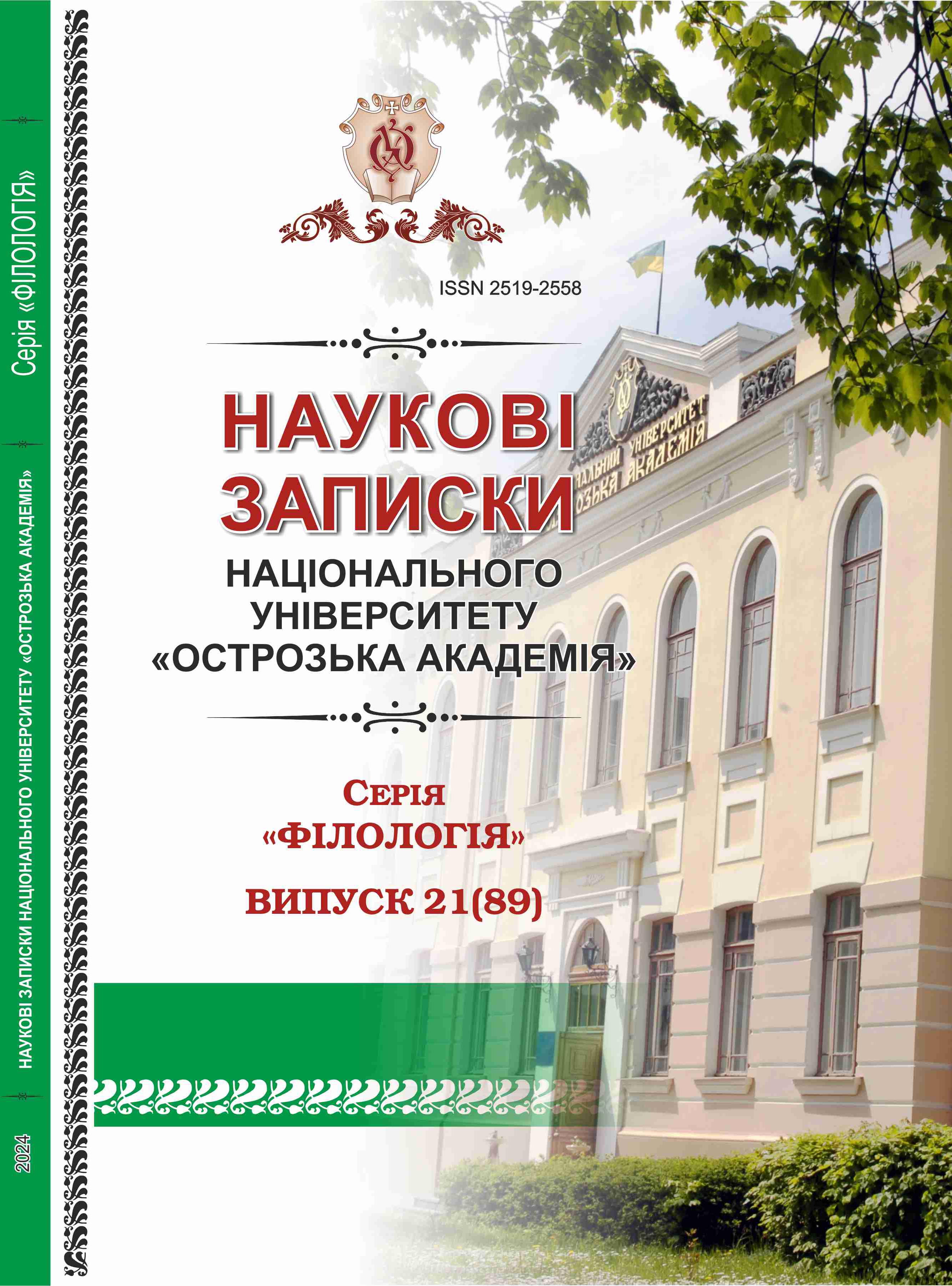LEXICOGRAPHY OF CONNOTATIVE PROPER NAMES
Keywords:
lexicography, dictionary, connotonym, connotative proper name, deonymAbstract
The article analyzes the peculiarities of dictionaries of proper names, in particular connotative and deonymized. The structure of the dictionary article and its content have been clarified.
Studying various lexicographical sources, we note two main approaches to the organization of dictionary articles: academic, characterized by the use of specialized terminology and abbreviations, observance of formal signs of academic style, and popular, stylistically simpler, not loaded with scientific information. In addition, we separately highlight dictionaries-appendices to dissertation works, academic in content, but understandable for the general public. An unusual approach to compiling a dictionary of connotative proper names is the use of proverbs both as the title and context of the use of the proper name. We also note the presence of hybrid dictionaries that combine the features of academic and popular approaches. It should be noted that the goals of dictionary compilers are initially different, so it is impossible to criticize or recommend specific approaches.
However, analyzing the dictionaries of proper names compiled on the material of the Ukrainian and French languages, we notice a problem that still seems unsolved for the authors of lexicographic works in Ukraine and abroad. We are talking about the line between deonym and connotonym; conotonym and the occasional metaphorical use of a proper name, which is sometimes rather vague. In addition, the problem is the subjective view of the researcher, which is reflected in the lexicographic source.
Despite the dominance of the academic approach in domestic onomastics, we believe that there is a need to popularize linguistics, in particular onomastics. So, a popular science publication with a simple structure of dictionary articles could interest a wider range of readers.

